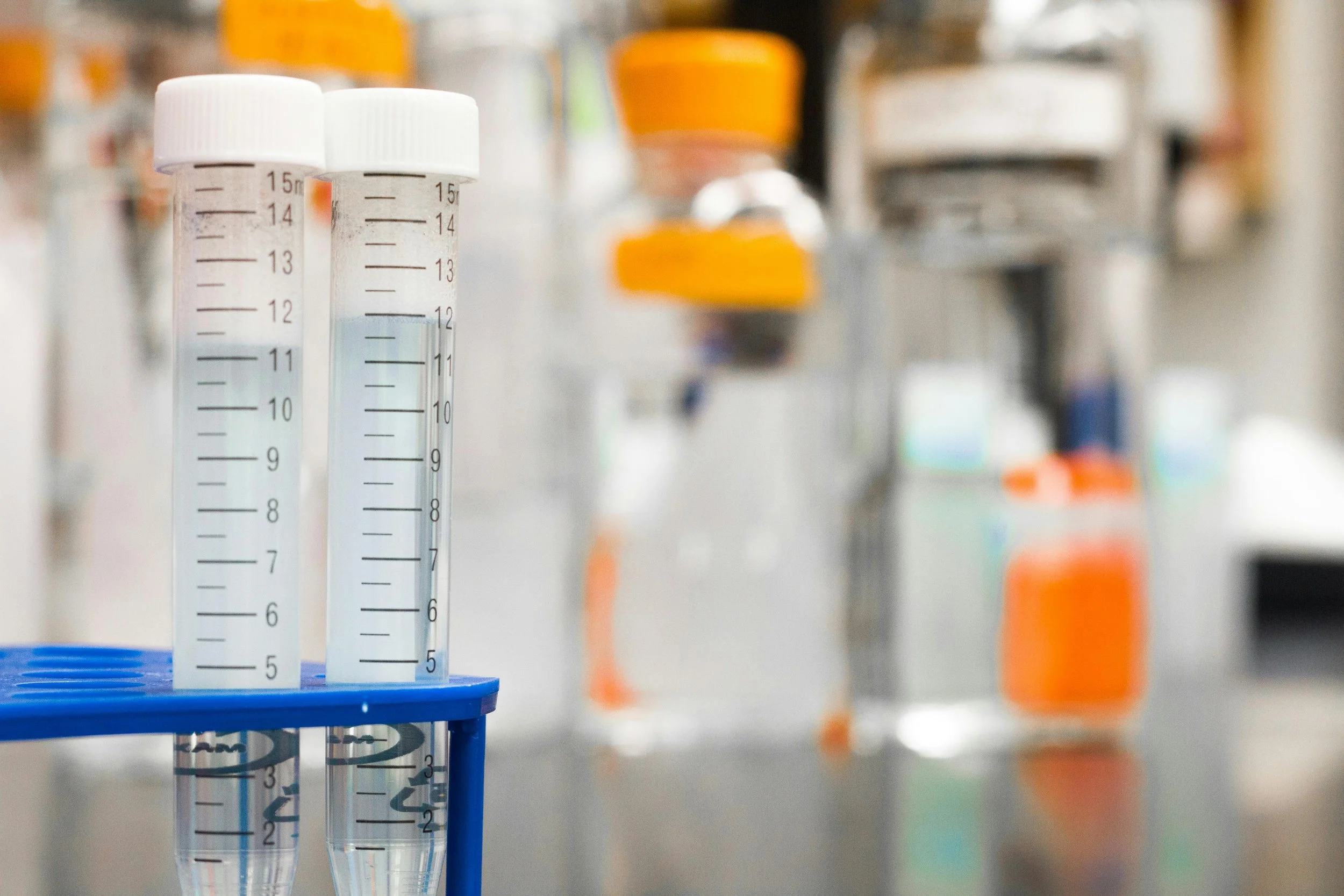Understanding AMH, FSH & Ovarian Reserve
When you apply to become an egg donor, one of the first steps is fertility testing. And one of the most important things we’re looking at? Your hormone levels—specifically, a hormone called AMH.
Why? Because these hormones give us insight into your ovarian reserve, or in simpler terms, how many eggs you have left. This helps us determine if you're a good candidate for egg donation and ensures that we can create a safe, successful plan for your cycle. Let’s break it down.
What Is Ovarian Reserve?
Everyone is born with a certain number of eggs. Over time, that number naturally decreases—and unfortunately, so does egg quality. Ovarian reserve testing gives us a snapshot of how your ovaries are functioning and how many eggs you’re likely to produce in a cycle.
While age is part of the picture, hormone levels are often a better indicator—and that’s where AMH and FSH come in.
AMH: The Star of the Show
AMH (Anti-Müllerian Hormone) is the most important marker we check when it comes to egg donation.
AMH is produced by small follicles in your ovaries—the ones that haven’t yet developed into mature eggs. So the higher your AMH, the more eggs you’re likely to have available for stimulation during a donation cycle.
Why it matters:
It helps us predict how well you’ll respond to fertility medications.
It allows us to reduce the risk of overstimulation.
It ensures we’re working with a baseline that gives intended parents the best chance at success.
At Futura, we require an AMH test before any matching occurs. It’s part of what makes our donors pre-screened and ready to go, helping intended parents move forward faster and with peace of mind.
FSH: Still Important, But Secondary
FSH (Follicle-Stimulating Hormone) is another hormone clinics often check. It’s typically measured on Day 2 or 3 of your menstrual cycle.
FSH tells your body to start maturing eggs each month. But here’s the catch: if your ovaries aren’t responding well, your brain will pump out more FSH to compensate—so a high FSH can indicate lower ovarian reserve.
While FSH is still useful, it can fluctuate more than AMH, which is why AMH is now considered the more reliable and consistent measure.
Why This Testing Matters
Testing your hormones is about more than just numbers—it’s about ensuring your safety and giving your cycle the best possible outcome. At Futura, we only move forward with donors who have hormone levels in a healthy, expected range, which also helps protect your future fertility.
Plus, many donors tell us that learning about their fertility was one of the most empowering parts of the process. It's information most people don’t get until much later in life—and it can help you make informed decisions for your own future.
Have questions about AMH or hormone testing? Our team is always here to walk you through it. When you donate with Futura, you’re never just a number—you’re a partner in the process.
Ready to learn more? Apply to be a Futura egg donor today.

